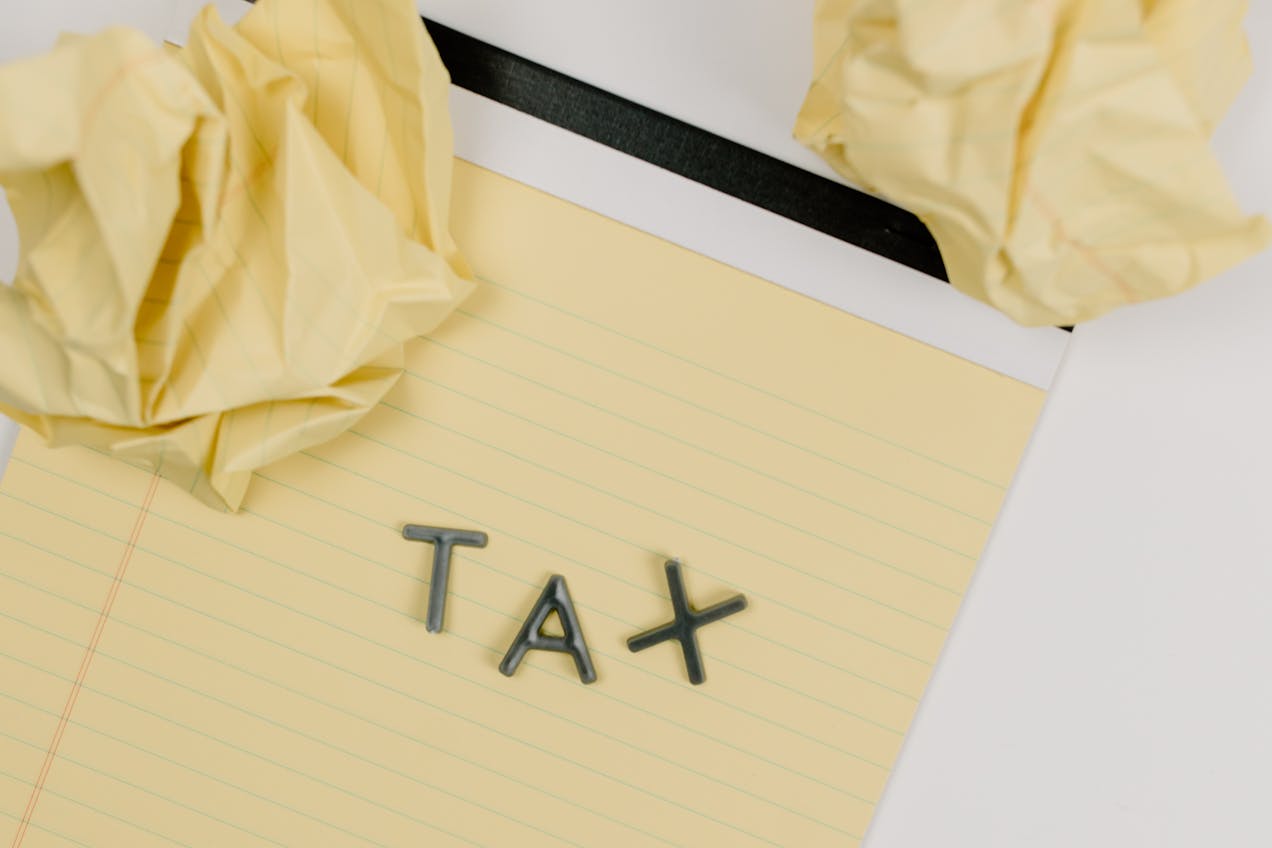
Did you know that missing estimated tax payment deadlines can result in hefty penalties and interest? Stay ahead of the game and keep your hard-earned money in your pocket by marking these crucial dates for 2024. Discover the essential deadlines and tips to ensure you never miss a payment!
Introduction:
For US residents living abroad, staying compliant with IRS regulations is crucial. One of the key aspects of maintaining this compliance is making timely estimated tax payments. Estimated tax payments are a method to pay tax on income that is not subject to withholding, including earnings from self-employment, interest, dividends, rents, and alimony. This blog will outline the important deadlines for estimated tax payments in 2024 and provide tips on how to stay on track.
Important Deadlines for 2024
1. January 16, 2024:
This is the deadline for making the fourth estimated tax payment for the tax year 2023. This payment covers income earned from September 1 to December 31, 2023.
2. April 15, 2024:
The first estimated tax payment for the tax year 2024 is due on April 15, 2024. This covers income earned from January 1 to March 31, 2024. This date is also the deadline for filing your previous year’s tax return, so it’s a busy time for all taxpayers.
3. June 17, 2024:
The second estimated tax payment for 2024 is due on June 17, 2024, covering income earned from April 1 to May 31, 2024. Note that the date is slightly adjusted due to the usual June 15 deadline falling on a weekend.
4. September 16, 2024:
The third payment is due on September 16, 2024. This covers income earned from June 1 to August 31, 2024.
5. January 15, 2025:
The fourth and final estimated tax payment for the tax year 2024 is due on January 15, 2025. This covers income earned from September 1 to December 31, 2024.
Why Are These Deadlines Important?
Meeting these deadlines is essential to avoid penalties and interest charges from the IRS. The IRS requires that taxpayers pay their taxes as they earn or receive income throughout the year. Failure to make timely payments can result in an underpayment penalty, which is calculated based on the amount of tax that should have been paid each quarter.
Tips for Staying on Track
1. Set Reminders:
Use calendar reminders or a tax software service that can alert you to upcoming deadlines.
2. Make Use of Technology:
Utilize the IRS Direct Pay, EFTPS (Electronic Federal Tax Payment System), or other online payment methods to ensure your payments are made on time.
3. Maintain Accurate Records:
Keep detailed records of your income and expenses throughout the year. This will help you accurately estimate your tax liability and avoid underpayment.
4. Consult a Tax Professional:
Consider working with a tax professional to help manage your estimated tax payments. Our team of certified public accountants and enrolled agents can provide personalized advice to ensure you stay compliant.
Conclusion:
Staying on top of your estimated tax payments is crucial for avoiding penalties and ensuring compliance with IRS regulations. By marking these important deadlines for 2024 and following our tips, you can manage your tax obligations effectively.
Need Assistance?
For expert assistance and personalized tax advice, contact our COO Anshul Goyal at anshul@kkca.io. Our team of licensed CPAs and enrolled agents is here to help you navigate the complexities of estimated tax payments and keep you stress-free throughout the year.
Disclaimer
The information provided in this blog is for general informational purposes only and does not constitute legal, tax, or accounting advice. Please consult with a professional for specific guidance.
FAQs
1. What are estimated tax payments?
Estimated tax payments are periodic payments made to the IRS on income not subject to withholding, such as self-employment income, interest, dividends, and rent.
2. Who needs to make estimated tax payments?
Individuals who expect to owe at least $1,000 in tax after subtracting withholding and credits should make estimated tax payments.
3. How often do I need to make estimated tax payments?
Estimated tax payments are made quarterly, with specific deadlines in April, June, September, and January of the following year.
4. What happens if I miss an estimated tax payment deadline?
Missing a deadline can result in penalties and interest charges. It’s important to make payments on time to avoid these extra costs.
5. Can I make estimated tax payments online?
Yes, the IRS provides several online payment options, including IRS Direct Pay and EFTPS.
6. How do I calculate my estimated tax payments?
Calculate your expected income, deductions, and credits for the year to estimate your tax liability. Divide this amount by four to determine your quarterly payments.
7. Can I change my estimated tax payments during the year?
Yes, you can adjust your estimated payments if your income changes. Use Form 1040-ES to recalculate your payments.
8. What if I overpay my estimated taxes?
If you overpay, you can apply the excess amount to your next year’s estimated taxes or request a refund when you file your annual tax return.
9. Are there penalties for underpaying estimated taxes?
Yes, the IRS may impose penalties if you don’t pay enough tax throughout the year. It’s important to accurately estimate and pay your taxes.
10. Where can I get help with estimated tax payments?
Contact our COO Anshul Goyal at anshul@kkca.io for expert assistance from our certified public accountants and enrolled agents.
